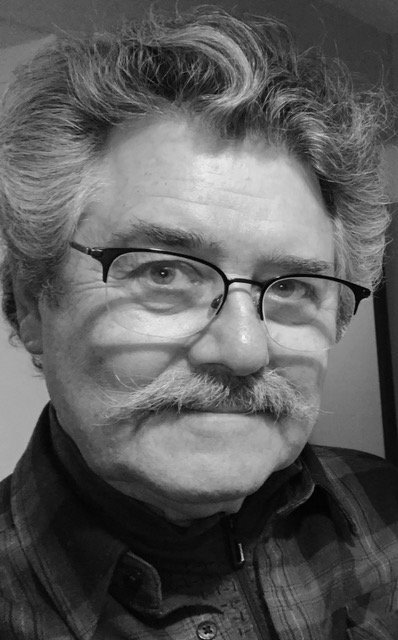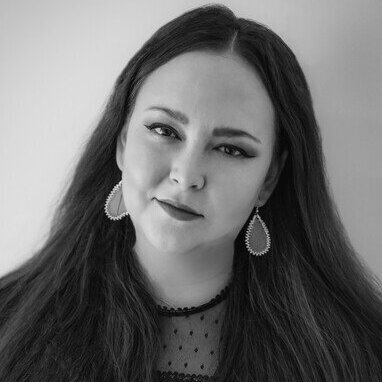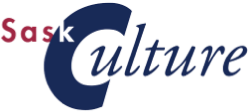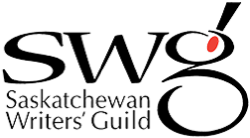2022 Winners
Congratulations to all winners of our Inagural
Kloppenburg Hybrid Grain Contest!
First Prize ($1,400)
Marc Lynch (both judges) - "At One Point, Years Ago, We Became an Office"
Kloppenburg Hybrid Grain Contest!
Marc Lynch (both judges) - "At One Point, Years Ago, We Became an Office"
Second Prizes ($750)
Ariel Gordon
"Red River Mudlark"
Ki'en Debicki
"Etymology"
Third Prizes ($500)
Kaitlyn Purcell
"Moon study (I am a pool)"
Moni Brar
"The most important word is woman"
Honourable Mentions ($150)
Holly Keeler - "As Little As a Teaspoon Can be Fatal"
Adrienne Gruber - "Clocks"
Aimee-Beth Martens - "But After (Dear Y)"
Karen Massey - "Not Frank"
Grain is grateful for financial support from The Cheryl & Henry Kloppenburg Foundation.
And thank you to judges Steve Ross Smith, Liz Howard, and to everyone who entered!
Judges' Comments
 Steven Ross Smith
Steven Ross Smith
When reading through the entries I looked for ‘true’ hybridity. I saw that not all entrants understood or manifested the concept¾its range and history¾in cross-genre, inter-and intra-genre, remix, conceptual writing, constraint-base, rule-breaking, and so on. On this basis, in my ranking, I did not choose non-hybrids, no matter how engaging or well written. I wanted to see hybridity enacted. Hence my selections are as follows.
1st Place – “At One Point, Years Ago, We Became an Office.”
This piece enacts a hybrid operation, moving between memoir, science, social observation, and reportage. Its tone shifts from personal to objective. It enacts layering, disjunction, conceptuality, and voice-change. It pulls this reader through empathetic and intellectual spaces while offering intriguing morsels of information on colour, relationship, architecture, visual artistic processes, illness, and more. It offers engaging surprises at each turn.
2nd Place – “Etymology”
A poem is presented as a list, a series of definitions, like a dictionary, though not in the usual sense. It is a grinned series of jokes¾one liners. There are fourteen terms in fourteen lines¾maybe it’s a sonnet without a couplet. (Other writers have taken such contemporary liberties with traditional forms.) Its hybridity, its conceptuality, is carried out in word-and-syllable sound suggestivity, blended with punning, definition, and comedy. It’s a kind of Oulipo trope, providing chuckles at every line.
3rd Place – “The Most Important Word Is woman”
A prose paragraph is assembled from lines selected from thirteen texts plus two uncredited sources, perhaps of the author’s, to create a definition of woman. It is clever and wide-ranging, creating several moments of reflective pause. It is a collage, with disparate, but related elements, and with directed linear intention. Sources range from the seventeenth to the twenty-first century, yet it is a timely hybrid remix.
 Liz Howard
Liz Howard
When the stack of submissions arrived at my door, I knew I had quite a task ahead of me. How to go about choosing only a few out of the generous offerings? I was delighted to spend a few weeks immersed in the rich and varied worlds and interpretations of hybrid form. The pieces I have selected demonstrate the breadth of possibilities hybridity can offer; from transporting autotheory to mudlarking poem-diary to oneiric-lunar calendar cut-up.
1st Place – In “One Point, Years Ago, We Became an Office” we are treated to an at once cerebral and immersive mediation on a father’s illness, perception, and the aesthetic drudgery of offices. The prose is blisteringly exquisite: quotidian objects when encountered in a sterilized office space are “fantastically removed,” and a candid photograph of a once-living father shows that “We can be rest assured that work is being done here, that the lungs are webbed and wound tight, that the office still functions as estrangement.” References to the writings of artist David Hockney and poet Anne Boyer allow the author to interpret and expand upon lived experience, which to my mind is the definition of autotheory, especially how these frameworks are juxtaposed with arresting portraits and recollections.
In “Red River Mudlark” we journey along with a self-described “bottlepicker” as they search the shallow waters and shores of the Red for the rubble-come-treasure of the past. The convergence of form, that of prose/verse/diary, is sublimely suited to the content; one of searching and fracture, exploration and social tension, both personal account and aesthetic alchemy. “Could a clay pot be considered a loan against a/ clay-loam riverbank? . . . A dinner/ service for six thousand smashed at my feet” are lines that have stayed with me.
The third piece, “Moon study (I am a pool),” is everything I love about a good experiment. Here we have a lunar calendar and what seem to be cut-ups from a dream diary pasted near the moon phase they occurred under. The piece has a zine feel, it brazenly bears the mark of the hand, and is fearlessly open. The dreams are populated with Pokemon gang wars, lovers, astrology charts, parties, and disasters as well as poignant reflections such as “I’ve been hiding behind the softness of my voice … I am made of thick walls. Opaque and in pain.”




